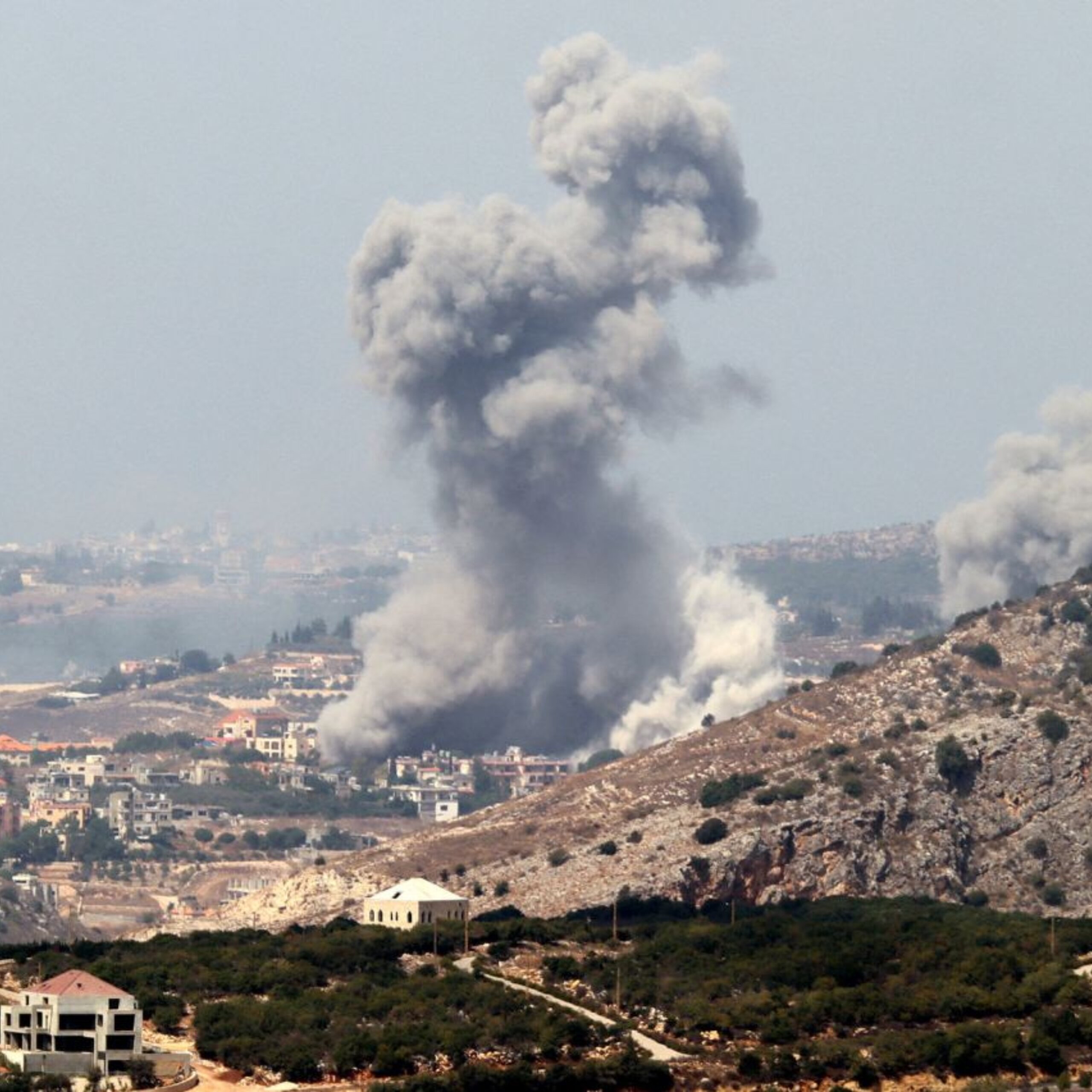On Thursday, the office of Israeli Prime Minister Benjamin Netanyahu clarified that there will be no ceasefire in Lebanon. The office added, “This is an American-French proposal, to which the Prime Minister did not even respond.” Israel maintains its status quo and will “continue the fighting with full force, until all the goals of the war are complete, alluding to its active campaign in Gaza.
As conflict across the Lebanon-Israel border intensifies, the US and its allies have called for a 21-day temporary ceasefire. In light of statements from the IDF, “A short while ago, following the identification of suspicious movements in the area of the Lebanese border, IDF soldiers opened fire in their direction,” the US, UK, and EU joined forces to provide a diplomatic solution to the “all-out war” in Lebanon.
The 12-member bloc has called for an immediate 21-day halt in hostilities “to provide space for diplomacy towards the conclusion of a diplomatic settlement” and a ceasefire in Gaza. In a joint statement, they described the ongoing conflict as “intolerable.” They warned of an “unacceptable risk of broader regional escalation,” which would not benefit the people of Israel or Lebanon.
The joint statement was signed by the US, Australia, Canada, the European Union, France, Germany, Italy, Japan, Saudi Arabia, the United Arab Emirates, the United Kingdom, and Qatar. The 21-day ceasefire aims to provide a blanket of protection for the people of Lebanon, who could be soon subjected to open fire on Lebanese soil.
In a separate joint statement, U.S. President Biden and French President Emmanuel Macron emphasized that it is time for a settlement “that ensures safety and security to enable civilians to return to their homes.” Biden spoke to reporters at the White House on Wednesday evening, confirming that there is “significant support from Europe as well as the Arab nations,” while stressing “it’s important the war does not widen.” According to information passed on to the BBC from a senior administration official, neither Israel nor Lebanon have accepted the proposal, although the US is in touch with both governments. Official responses are expected within hours.
There must be no war in Lebanon.
We strongly urge Israel to stop the escalation in Lebanon, Hezbollah to cease firing towards Israel, and all those providing them with the means to do so to stop.
— Emmanuel Macron (@EmmanuelMacron) September 25, 2024
The official added that the 21-day ceasefire will impose a “sustained phase” in the regional retaliation between Israel and Lebanon. During this time, further negotiations will take place that will lead to a “complicated agreement.” The official added that the US is actively communicating with the Lebanese government, rather than Hezbollah. After a fair middle ground is established, it will be the responsibility of the Lebanese government to negotiate with “non-state actors.”.
Earlier this week, Lebanese PM Najib Mikati said his country is “facing a blatant violation of our sovereignty and human rights through the brutal practices of the Israeli enemy.” He went on to express the urgency of leaving the UN session with a “serious solution” to “put pressure on Israel to achieve an immediate ceasefire on all fronts.”
Danny Danon, Israel’s envoy to the UN, also commented on recent developments in the Israel-Lebanon conflict, stating that brewing diplomatic efforts to quell regional devastation are essential while reiterating that “[Israel] will use all means at its disposal, under international law, to achieve its aims.”
As of Wednesday, more than 600 people were killed across Lebanon. According to the UN, an additional 90,000 people in Lebanon are newly displaced, and nearly 40,000 seek refuge in shelters nationwide.






